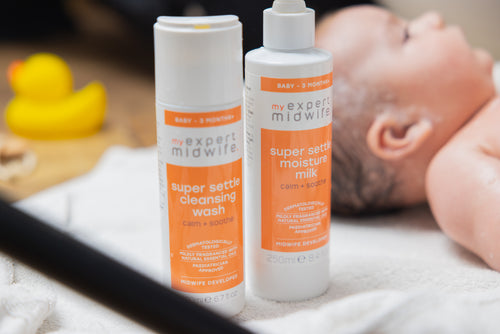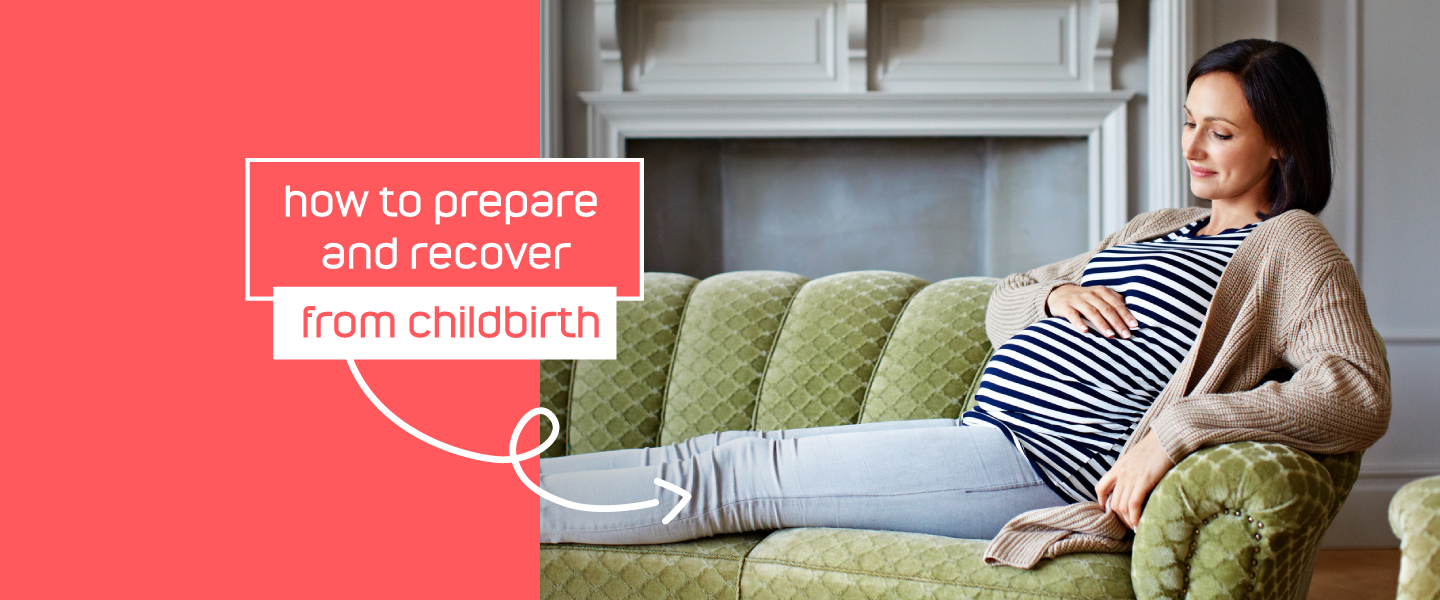We recognise that preparing for the birth of your baby takes a lot of thought and planning, especially if this is your first baby. It is also wise to put the same thought into your postnatal recovery, as this is a time you will need to be looking after yourself aswell as your newborn. Our in-house midwives have created a series of 'how to' guides to help you through your pregnancy, birth and new parent journey.
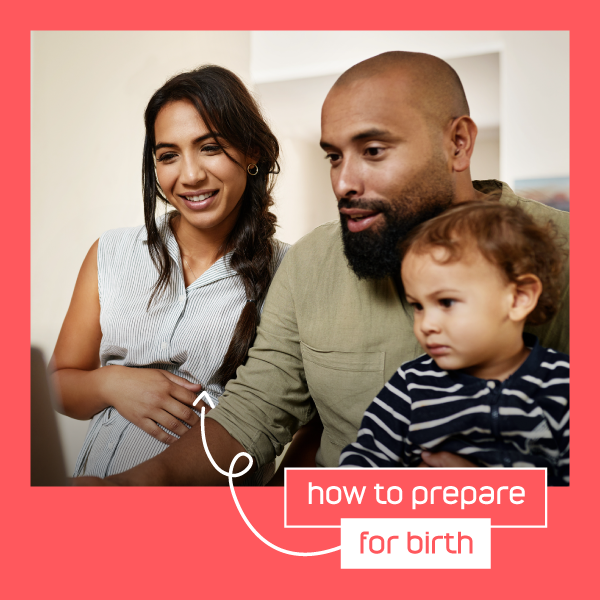
Where do you start when thinking about planning for your birth? There are many choices available to you, but finding out what they are can be difficult. Here are some tips on how to start:
- Ask questions - understanding what your choices are for your maternity care means that you can tailor your care to your specific liking or needs which can lead to a better experience for you
- Research into antenatal classes, and find the best experienced teacher who can help develop you and your partners knowledge and learning (normally start classes around beginning of the third trimester)
- Researching how to build a birth plan and what to include can help you prepare both physically and mentally, and can include things like types of pain relief, types of birth, birth positions, and so on
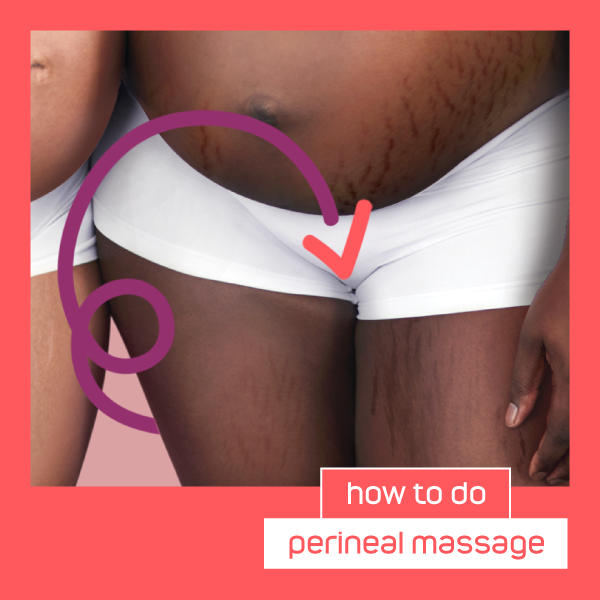
Preparing your perineum before birth can help stretch the skin and muscle and so reducing the risk of tearing or need for an episiotomy. Here are some tips on perineal massage that will help you get prepared for your baby’s birth:
- Start perineal massage at week 34 of pregnancy
- Find a perineal massage oil. You can use one specially blended and designed for perineal massage or an oil such as almond oil
- Make time to do this 3 or 4 times a week
- If you struggle to do this yourself, you can ask your partner to help
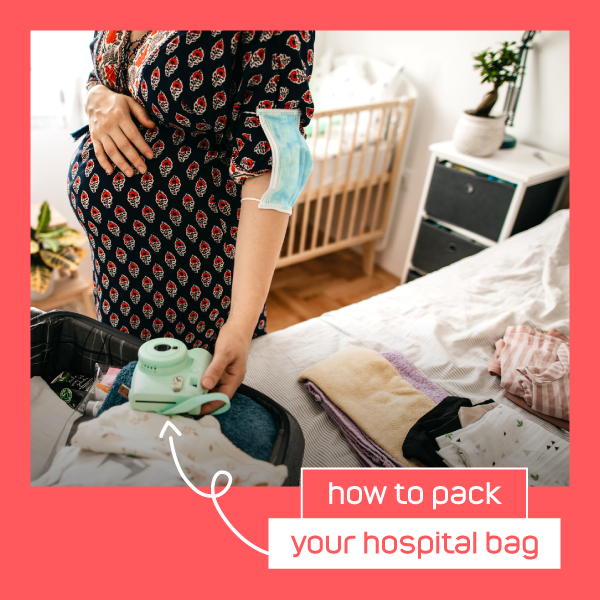
Our expert midwives take a look at your Hospital Bag and offer ideas on the essential items to take along, as well as top tips on how to pack them, to help take the stress away from you.
find out more about packing your hospital bag here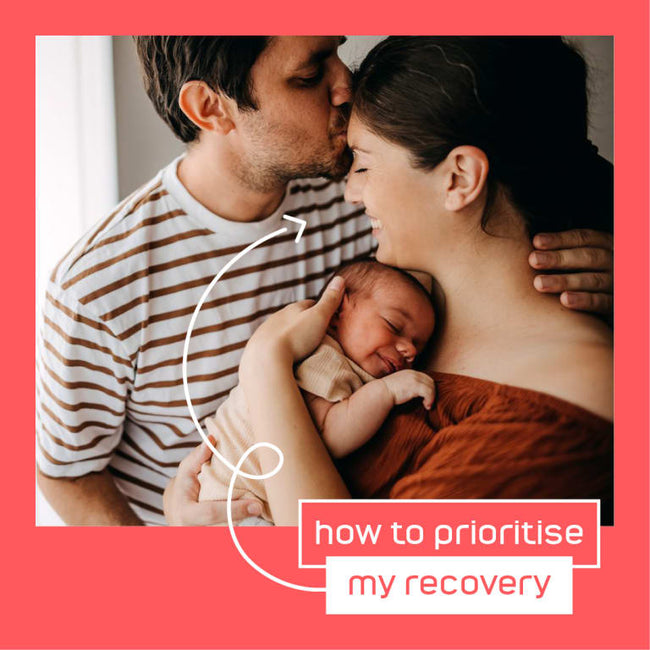
Recovery after childbirth is a priority during the postnatal period. The better you feel, both physically and emotionally, the easier the transition into family life will be, and the quicker you will regain your strength. So, never forget to make sure you are looking after yourself the best that you can.
Planning 30 minutes a day just for you will help:
- Build this time into your daily routine from the start
- Ask your partner or a family member to spend a regular 30-minute time slot with baby
- Take yourself for a lie down / warm bath / shower or short walk - whatever helps you to relax best
- Stick to this routine so you, your baby and your family expect it each day
Download our new mum checklist for tips and advice to help support your recovery.
visit our birth recovery page for more information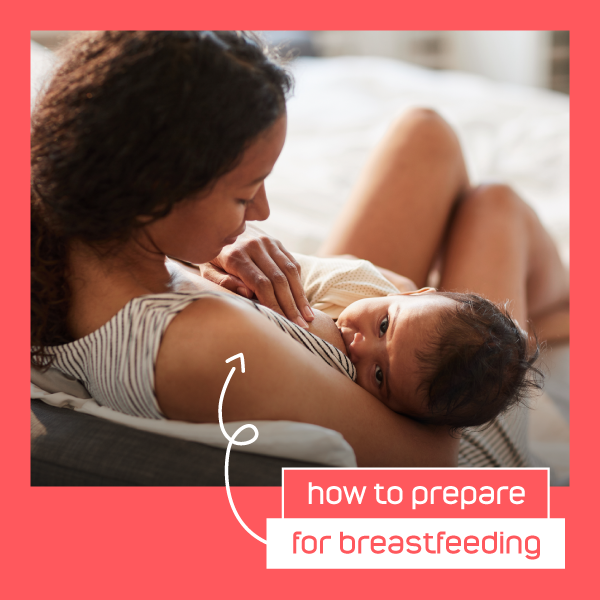
It is good to be prepared with useful tools and information that can help you to overcome possible challenges in the early days of breastfeeding.
- Hand expressing or colostrum harvesting can be started from 36/37 weeks of pregnancy, to give you a head start
- The first hour after birth can often be when your baby is most receptive to feeding, try to get uninterrupted skin to skin time to help this process
- Ask family members and friends who breastfed to share their stories about what worked and didn’t work for them, so you can try different techniques
